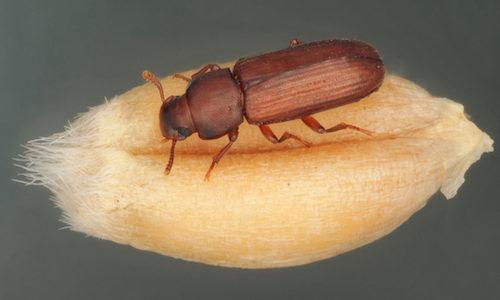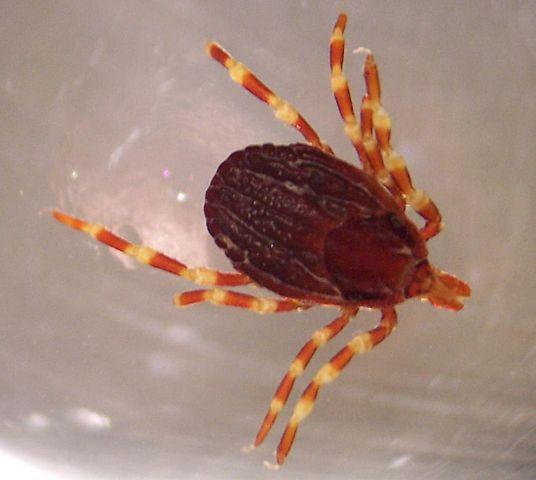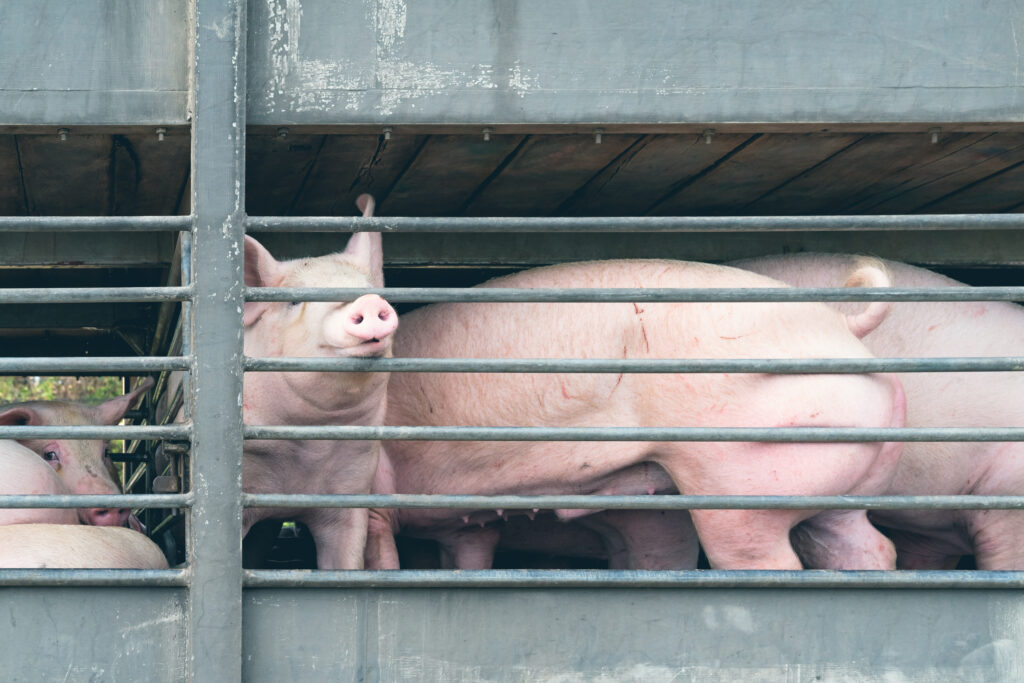Use of nanoemulsion as a pesticide against flour beetles

The essential oil-based nanoemulsion H. voyronii can be an effective and environmentally friendly solution against flour beetles.
HOLiFOOD - Another research project receives funding

Recently, another Horizon Europe project has been awarded funding, in which our University is a consortium member.
Registration is now open for the ONE Conference 2022

Collaboration and partnership for a more sustainable Europe are the key drivers of the ONE – Health, Environment, Society – Conference 2022, which will be held in Brussels and online on 21-24 June 2022.
Our Institute launches a new course

In February 2022, our Institute will launch a course on the topic "Sustainability aspects in the food chain" in Hungarian.
New online Master programme of Sustainable and Safe Food Production
The new online master prorgramme will be run jointly by the Technical University of Denmark (DTU) and the University of Copenhagen (UCPH).
Our EU-FORA fellow's programme is approaching its half-way point

The research fellow joined our team in September 2021.
Hyalomma tick, the principal vector for Crimean-Congo hemorrhagic fever, have been found in Hungary

The ticks of the genus Hyalomma are not native to Hungary, but due to climate change they may colonise this region.
EFSA acknowledgement of UVMB’s designation for the update of the List of competent organisations
An updated list was published late last year.
Antimicrobial resistance: What is the risk of spread through animal transport?

The European Food Safety Authority (EFSA) has begun work on a new assessment looking at the risk of antimicrobial resistant bacteria spreading during animal transport.
Nickel and heavy metal content in baby food

A German study found that baby food with the organic label had a higher nickel content than other samples. A study in the US looked at heavy metal contamination in baby food.
